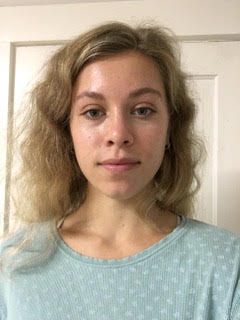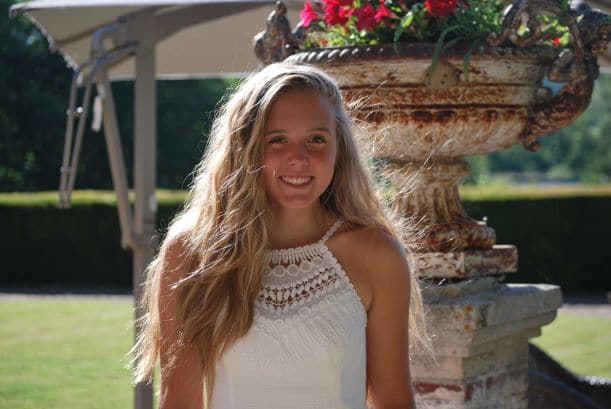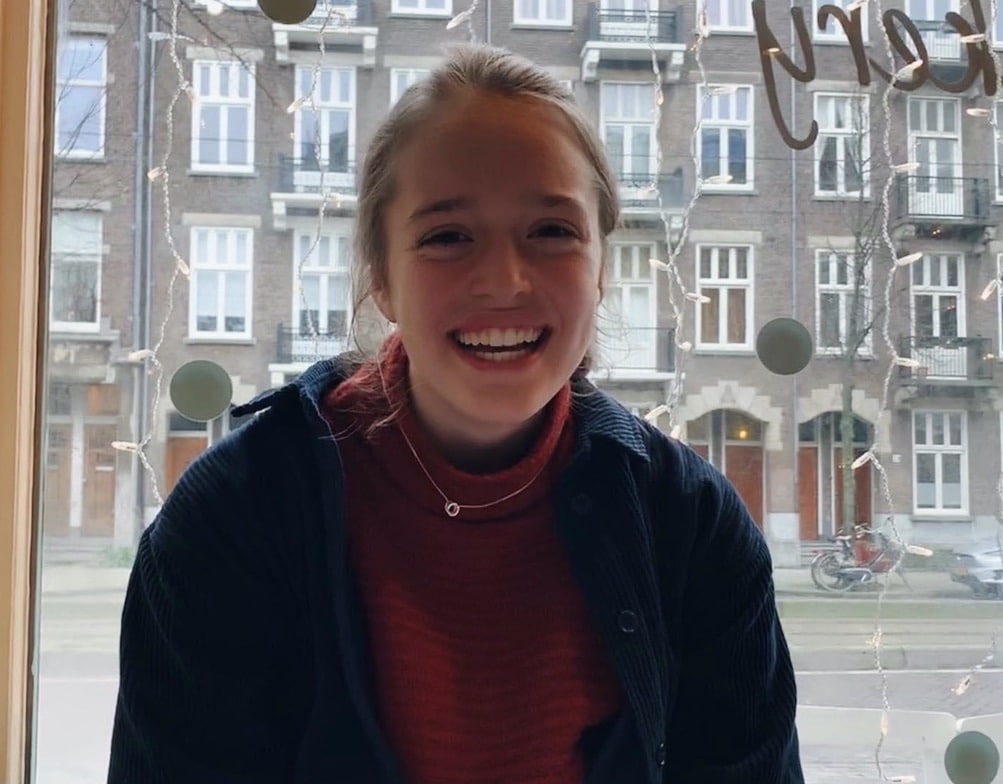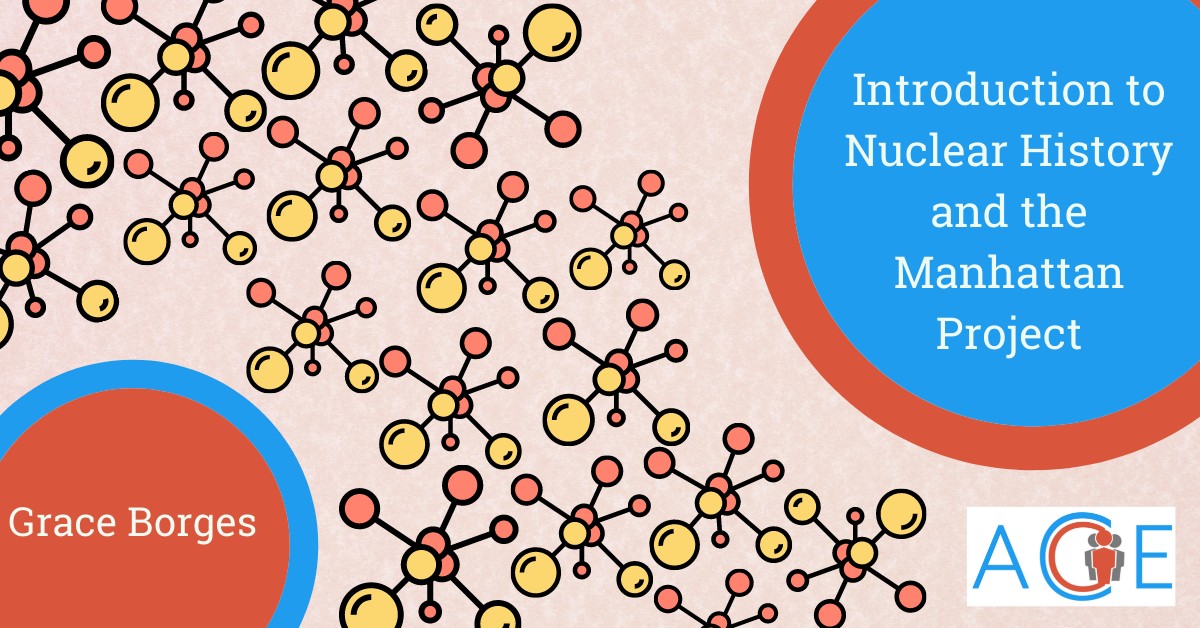Brooke Morson was raised in Boston and attended Boston Latin School, the oldest public highschool in America. She is currently a Junior at Boston University studying International Relations with a focus in Environmental Sustainability and Development. The environment is something Brooke has been passionate about from a young age and has chosen to pursue her major to further climate engagement and education.Throughout college she has worked at Coughlin Betke, a Boston based larm firm, intending to pursue a legal degree to help implement climate policy with a solid foundation. Her major reflects her ambition to merge technology with climate policy, a future she intends to make a reality. Her studies are driven by her ambitions in form and educate people about the reality of climate change and potential solutions.
Blog
-

Tallulah Lloyd, Grinnell College
Tallulah is a junior at Grinnell College double majoring in Economics and Biology. She is focused on using policy and science to find solutions to environmental crises, and she uses her majors to understand these issues from two different perspectives. She grew up in San Francisco, but spent third grade living in Costa Rica, which sparked her fascination with nature. Tallulah has worked on a variety of environmental issues in Uganda, Mexico and the US. She is also part Grinnell’s Student Environmental Committee. She is excited to join ACE because she believes access to clear, unbiased policy information is important part of creating positive change. In her free time she loves to dance, backpack, make art, and do martial arts.
-

Clarisse Goetzen, University of California-Davis
Clarisse Goetzen (she/her/hers) is originally from San Diego, California and is now a third-year Environmental Policy Analysis and Planning major at the University of California, Davis. Clarisse first began to recognize the importance of environmental conservation early in her childhood, and was always determined to one day make a real difference. While at UC Davis, she joined the student-run, nonprofit organization CalPIRG in order to protect environmental health via raising community awareness on bee-killing pesticides, fighting for reductions in single-use plastics, and encouraging students to vote. In her free time, Clarisse enjoys drawing, embroidery, and visiting her favorite thrift stores.
-

Sarah Ganz, Kenyon College
Sarah Ganz (she/her/hers) is a Sophomore at Kenyon College studying Environmental Studies and Psychology. Her studies motivated her to get involved with environmental clubs and organizations on campus that focus on climate solutions, educating students about local environmental initiatives, making Kenyon a more sustainable campus, and promoting environmental justice. With ACE, Sarah hopes to research Environmental Policy regarding sustainability on college campuses, environmental justice and the burden BIPOC communities face in regards to climate change, and climate solutions on a local and national level. In her free time Sarah enjoys running, yoga, spending time with loved ones, and she is currently training for the 2021 Chicago Marathon.





